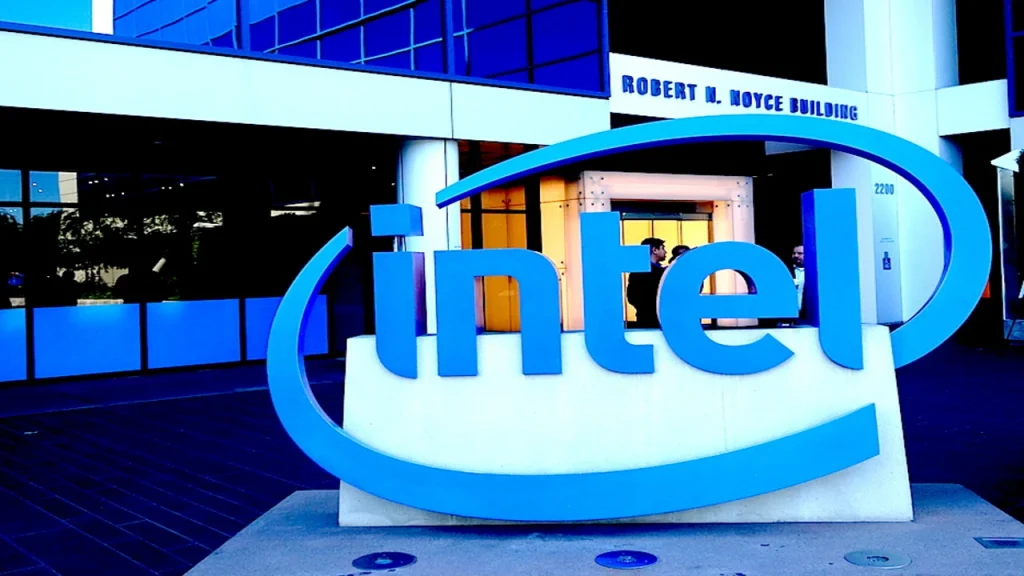- Intel to release AI chip designed for data centres in 2026
- New product aims to challenge Nvidia and AMD in growing AI chip market
What happened: Intel’s Crescent Island chip targets AI market amid growing competition
Intel has unveiled plans to release a new artificial intelligence (AI) chip next year, marking a fresh attempt to make headway in the booming AI market. The chip, named Crescent Island, will be optimised for energy efficiency and designed to support a wide array of AI applications, including inference tasks. The announcement was made by Intel’s Chief Technology Officer, Sachin Katti, at the Open Compute Summit on October 14, 2025.
Intel’s Crescent Island chip is being positioned as a solution for the growing demand in AI computing. The chip will be specifically tailored for data centres, a sector where AI workloads are increasingly critical. According to Katti, Crescent Island will focus on providing the best performance per dollar, emphasising energy efficiency while meeting the heavy demands of AI applications.
Intel’s move comes at a time when competitors Nvidia and AMD have already made significant strides in the AI chip market. Nvidia, in particular, has gained substantial market share, with AI investments and innovations driving the company’s growth. In response, Intel is keen to recover lost ground and capitalise on the explosion of AI-related spending, which has already generated billions in revenue for these competitors.
Also read: US trades Intel stake for chips act funds
Also read: Trump urges Intel boss to quit over China links
Why it’s important
This announcement signals Intel’s determination to reclaim its position as a leader in the semiconductor market. AI chips are seen as critical for future growth in the tech industry, with AI applications playing an increasingly central role in data processing. By introducing Crescent Island, Intel aims to compete directly with established players like Nvidia, whose dominance in the AI space has only intensified in recent years.
Intel’s renewed focus on AI also coincides with a significant partnership with Nvidia, where the latter has invested $5 billion in Intel to support future chip development. This collaboration highlights the shifting dynamics in the AI chip race and underscores Intel’s renewed commitment to innovation in this lucrative market.

